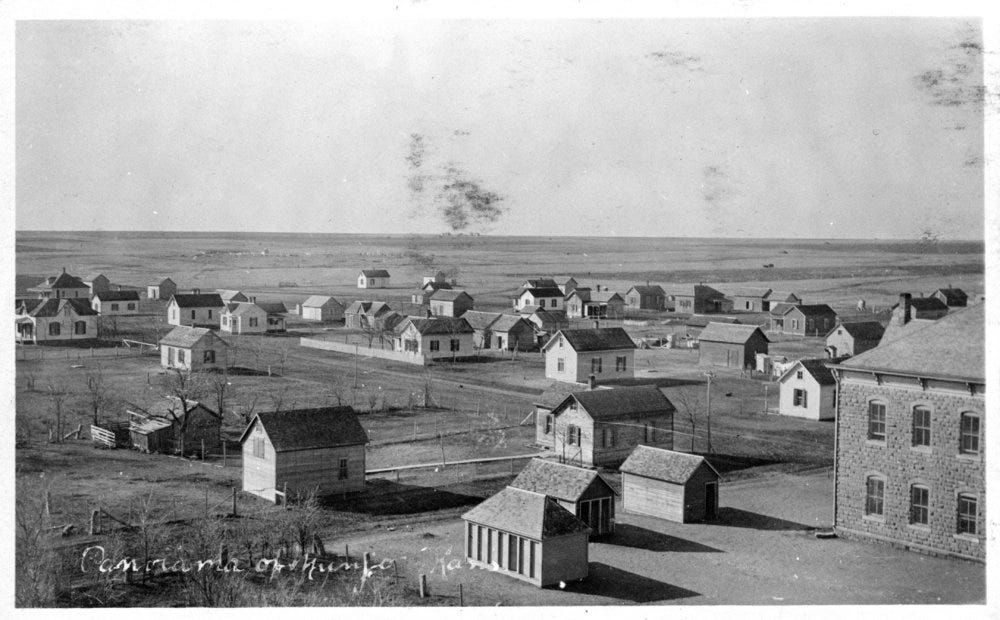
 If you need any additional proof that the world is completely upside down right now, look no further than Netflix, where the most-watched show for two weeks running revolves around a flamboyant, tattoo-covered, mullet-sporting 56-year-old inmate at the Grady, Oklahoma County Jail who gained notoriety as an exotic animal zookeeper slash reality TV star slash country singer slash 2016 presidential candidate. (He’s the one who memorably gave out condoms with his picture on them.)
If you need any additional proof that the world is completely upside down right now, look no further than Netflix, where the most-watched show for two weeks running revolves around a flamboyant, tattoo-covered, mullet-sporting 56-year-old inmate at the Grady, Oklahoma County Jail who gained notoriety as an exotic animal zookeeper slash reality TV star slash country singer slash 2016 presidential candidate. (He’s the one who memorably gave out condoms with his picture on them.)
I’m talking of course about Joe Schreibvogel aka Joe Maldonado-Passage, aka “Joe Exotic,” star of the addictively trainwreck-ish seven-part documentary Tiger King: Murder, Mayhem and Madness.
If you’ve been whiling away the hours in self-isolation bingeing on Tiger King, I have news for you. No, I cannot tell you for sure if Joe’s nemesis Carole Baskin actually fed her missing husband to the tigers, although Lord knows it’s an intriguing possibility. But I can tell you that Joe Exotic’s family actually played a fascinating and historic role in the story of American immigration. So if you’ve been laying awake at night wondering, “What exactly is Joe Exotic’s connection to Catherine the Great of Russia and the Seven Years War?” get comfortable. Because I have answers.
In 1763, at the close of the Seven Years’ War, Catherine the Great, the German-born Empress of Russia, issued a proclamation inviting foreigners to resettle the fallow lands along the Volga river. Attracted by the promise of tax-free land, economic opportunity, religious freedom, and exemption from military service, more than 25,000 Germans, among them Joe Exotic’s ancestors, heeded the call and moved to Russia.

These German immigrants lived happily in the Russian empire for over a century, until a new regime began to revoke the privileges they had been promised, most notably the exemption from military service. Realizing it was once again time to move on, in 1874, five scouts were sent to America’s heartland to investigate whether it might be a suitable new home.
The resettlement of the Volga Germans began in earnest in 1875. And on the 8th of July of 1876, a delegation of 108 families left Russia bound for Kansas, eventually arriving at the port of New York aboard the S.S. Suevia from Hamburg. Among them were Joe’s 21-year-old great-grandfather and namesake, Joseph Schreibvogel, and Joseph Schreibvogel’s future father-in-law, Joe’s second great-grandfather Anton Schumacher.

The group headed west for Ellis County, Kansas, where, after spending two months in an initial location that proved unsuitable, they arrived at a spot in Wheatland Township and set up shop, founding a town they named Munjor (Current population: 217). The name, like those of many of the neighboring communities, is taken from the name of a town on the Volga; in this case, Ober-Monjou.
So Joe Exotic descends from truly hearty stock, to say the least. His ancestors literally started Munjor from nothing, building the first homes out of little more than saplings and prairie sod. “If in the course of time they bettered their conditions,” says a 1926 history of the area prepared in honor of its golden anniversary, “it is due solely to their industry, economy and perseverance in the face of trying difficulties.”

According to the golden jubilee book, the early days of Munjor were also marked by just the kind of territorial squabbling that would become Joe Exotic’s hallmark. An attempt to set up a land company in which all residents would be stockholders resulted in “a long series of recriminations and quarrels which split the town into two factions.” After a “futile attempt to settle matters in the courts,” an agreement was finally reached and peace was restored.

In an eerie foreshadowing of the 2013 incident in which one of the workers at Joe Exotic’s G.W. Zoo lost a hand after sticking their arm in a tiger cage, a 1901 article in the Ellis County News reports that one of Joseph Schreibvogel’s sons lost three fingers after putting his hand in a grain separator.

Perhaps seized by the same restlessness that once motivated his ancestors, a century later, Joseph Schreibvogel’s grandson Francis — Joe Exotic’s father — left his home in Garden City, Kansas, and “began roaming north and south along the plains from Kansas to Wyoming to Texas” trying to raise racehorses, according to New York magazine. After high school, Joe moved to Texas, briefly to Florida, and ultimately settled in Oklahoma, where he opened his zoo in 1999. The rest is, well, history.
As they put shovel to sod in 1876, I’m fairly certain that those immigrant founders of Munjor could not have envisioned their actions would one day culminate in a cowboy triple wedding at which one of the three grooms would have the words “Privately Owned Joe Exotic” tattooed just above his nether regions. But there you have it.
So whether you’re enjoying Tiger King or merely hate-watching, the next time you send someone the link to “Here, Kitty, Kitty,” remember that you really owe it all to…Catherine the Great, Empress of All Russia. Impress all your friends over Zoom tonight with that little bit of trivia, will ya? Yell it to your neighbors over the hedge from a safe six or more feet away. You can thank me — in person — later.
Entertainment - Latest - Google News
April 02, 2020 at 12:42PM
https://ift.tt/2V9yNh9
Joe Exotic’s Family History Could Be Its Own Netflix Series - GEN
Entertainment - Latest - Google News
https://ift.tt/2RiDqlG
Bagikan Berita Ini















0 Response to "Joe Exotic’s Family History Could Be Its Own Netflix Series - GEN"
Post a Comment